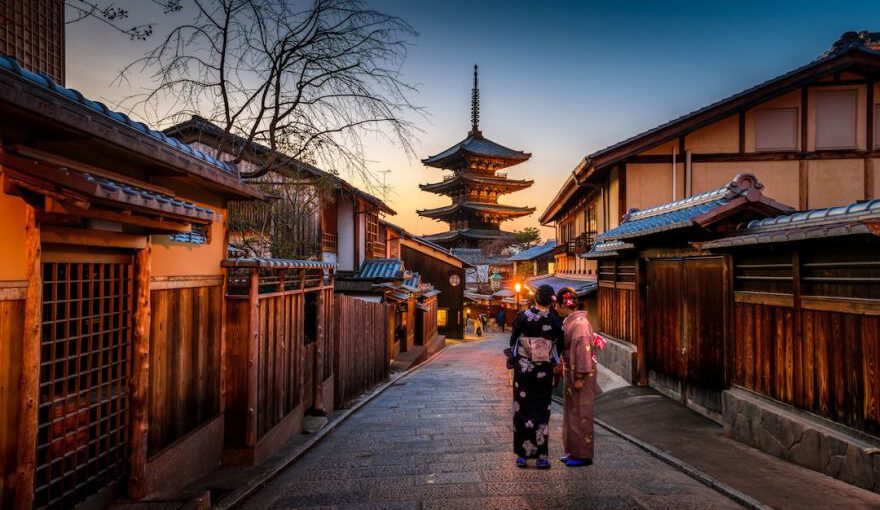When it comes to Japanese culture, one word that often comes up is “omotenashi”. This word, which can be roughly translated as “hospitality” or “entertainment” in English, holds a deeper meaning in Japan. It represents a unique approach to customer service and personal interaction that goes beyond mere politeness. In this article, we will explore the concept of omotenashi and its significance in Japanese society.
The Meaning of Omotenashi
Omotenashi is a term deeply rooted in Japanese traditions and values. It encompasses the idea of selfless service and treating others with utmost respect and care. In Japan, providing omotenashi is seen as a way to create a memorable experience for guests, whether they are visiting a restaurant, hotel, or even someone’s home.
Elements of Omotenashi
To truly understand omotenashi, it is essential to delve into its fundamental elements. One of the key components of omotenashi is anticipation. This means that the service provider strives to anticipate the needs and desires of the guest before they even express them. By doing so, they can cater to their every need and create a seamless experience.
Another aspect of omotenashi is attention to detail. Japanese hospitality is known for its meticulousness, with every aspect of the guest’s experience carefully considered. From the presentation of the food to the design of the space, every detail is thoughtfully arranged to create a harmonious and enjoyable atmosphere.
The Role of Humility
Humility plays a crucial role in the practice of omotenashi. Service providers in Japan are trained to be humble and put their guests’ needs before their own. It is not uncommon for staff members to bow deeply and express gratitude for the opportunity to serve. This humble attitude helps to create a sense of warmth and sincerity that guests appreciate.
Omotenashi in Different Settings
Omotenashi is not limited to specific industries or establishments. It can be observed in various settings throughout Japan. For example, in a traditional ryokan (Japanese inn), guests are greeted with a warm towel and a cup of tea upon arrival. The innkeeper will then guide them through the customs and traditions of the establishment, ensuring their comfort and satisfaction throughout their stay.
Similarly, in a high-end restaurant, the staff will go to great lengths to create an unforgettable dining experience. From the moment the guests enter, they are treated like royalty. The chefs meticulously prepare each dish, taking into account the individual preferences and dietary restrictions of the patrons. The entire dining experience is carefully choreographed to provide a feast for the senses.
The Future of Omotenashi
As Japan continues to modernize and adapt to changing times, the concept of omotenashi remains a core value. In fact, with the 2020 Tokyo Olympics on the horizon, there is a renewed focus on showcasing omotenashi to the world. Efforts are being made to train service providers in the art of omotenashi, ensuring that visitors to Japan have a truly exceptional experience.
In Conclusion: The Essence of Omotenashi
Omotenashi is more than just a word; it is a way of life in Japan. It embodies the spirit of selfless service, attention to detail, and humility. Whether it is in a traditional ryokan, a bustling city hotel, or a neighborhood izakaya, the essence of omotenashi can be felt everywhere. It is this unique approach to hospitality that sets Japan apart and makes it a destination that leaves a lasting impression on its guests. So, the next time you visit Japan, be prepared to be swept away by the beauty of omotenashi.





